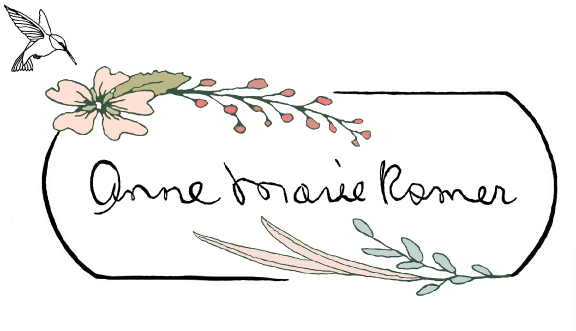Concussions are Serious Business
A few weeks ago, Chris Borland, a graduate of Alter High School in Kettering, Ohio stunned the world of sports when he announced his resignation from professional football after just one year. As a rookie for the San Francisco 49ers, Chris gained respect from players and fans alike. He was one amazing defensive linebacker. He declared his intention to walk away from the NFL, leaving behind the potential for fame, fortune and glory. Interviewed on CBS’ Face the Nation, Chris was asked why he made this choice. “I was concerned about neurological diseases down the road,” he said. “The decision made sense.”He went on to say, “There was a moment in camp where I probably sustained a mild concussion. It wasn’t something that was detrimental to my health immediately, but it just changed the way I viewed the risks of my chosen profession. I didn’t want to go down a route where for years could ultimately be detrimental to my health.”Concussions are brain injury. Let’s not mince words. When injured, the body’s natural reaction is to inflame or swell. The brain, miraculously protected by the confines of the skull, doesn’t have room to expand when swollen. Increased cranial pressure is the real culprit of brain damage, often causing a secondary injury to the brain. Swelling can last for several days or even weeks during which time rest and intentional timeout is pivotal. The brain’s ability to heal is astonishing, but it can take weeks if not longer. This is precious time and why we cannot take concussions lightly.I talk about brain injury because my nephew, Conor Crippen, incurred a serious and traumatic brain injury two years ago. Although his injury was severe and did not occur on any sporting field, we have gained respect for the nebulous complexity of the brain and how tedious it’s healing process can be. Brain injury of any kind can be a life changer. There are surprisingly few degrees of separation between a concussion incurred on the field and a new reality for someone so young. It’s a continuum. We need to take every degree seriously. Unlike the black and blue marks we see on a bruised ankle, an injured brain is invisible and frequently ignored.
Often I hear of athletes who have sustained a concussion due to their sport and are overanxious to get back in the game. Today, according to the CDC, all 50 states have a “Return to Play” law, which requires high school athletes to be removed from play and attain clearance to return to play. This is encouraging, but it’s more difficult to change the culture of competitive sport. After all, athletes want to play, parents want to be proud, and coaches want to win.
Chris Borland encouraged the young in sport “not to play through concussions. I think that’s unwise. Don’t do anything silly….” he said. His wisdom at such a young age, and his ability to see beyond the abundance and glamour of professional sport is astonishing. In the world of glorified athletics, there are many stars but few heroes. I know Chris Borland made a decision that was best for him. This is one of those times when a message reverberates well past the messenger. Chris’ “right for me” shines a light far beyond what was intended and has become a “lesson for all.”Kevin Pearce, a champion snow boarder, suffered a severe brain injury while attempting to qualify for the Winter Olympics in 2009. Even now he continues to heal 5 years since his accident. His message is simple. “Love your brain.” Chris Borland is doing just that.

